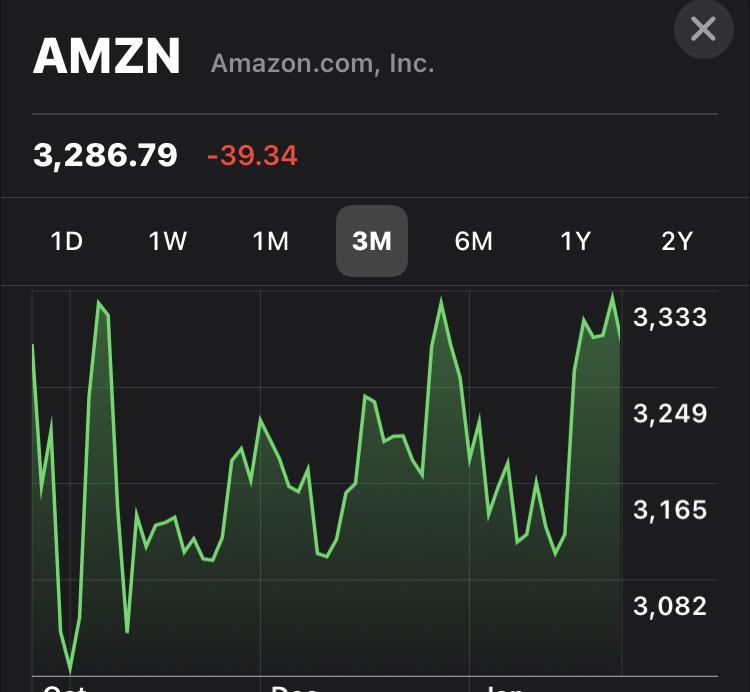S.T.Fanatic
5 year old buck +
With all due respect, I have a guy who understands this stuff and knows what's available far more than I do.
I don't invest in something I don't understand (ie. bitcoin) but I've got a person I trust handling it and i go back to work finding a way to add more dollars to this equation.
My grandfather started a profit sharing account back in the mid-70's. (family business) Things were pretty good as he was a fantastic businessman. Over the years business profits have decreased because management became to "comfortable" and the minimum was pumped into it for many years. It didn't really matter all that much to them because the gains were far out weighing the inputs. This past year was nearly our best year ever. We put the maximum amount in that we could. To bad it wasn't a year earlier. Our gains were 66.7% this year. We have people still working just to pay the taxes on their mandated disbursement. (which is a shitload).The de-programming books first.
Rich Dad Poor Dad
The Cashflow Quadrant
Then I'd find a basic income tax class, and take it. Beware the ones put on by HRB or any other refund chop shop. You just need to learn to speak the language. Develop some foundational principles and learn the words, then self discovery accelerates. Investment quacks love to use jargon and speak over people. It makes people think they're smart.
Once you've got the mechanics down, you can start reading ideas from people you meet, people on the internet, investing articles, books, and advertisements. I've read most of the books, and they're all good to some extent. At some point, you've got to pick a path that will be how you do it. And that is gonna be influenced by you and your style.
An example of compounding interest. My parents were divorced a little over 30 years ago. My mom got half of dad's retirement at the time which amounted to 35K. She never touched it and there was no more contribution to it after the divorce. She pulled it all last year and that 35K turned into over 500K without adding a single cent to it other than the gains her money made for her. None of us have a crystal ball but it ended up being a terrible decision to take it out as one year latter we saw the 66.7% gain. OUCH!!!!
I believe the fund hasn't been paid enough attention to over the past couple of decades even though it has done well for us. We manage it entirely in house and have paid exactly $0.00 in brokerage fees. Had we had someone else managing it for us their take would have been easily a million dollars over the years.
Like mentioned by others earlier, I am finally getting to the point where I am starting to have some money left over at the end of the month (kids are expensive these days) Our work retirement plan is great but it also has it's down falls. The employees can not contribute to it, you have to be in it for 30 years before you can pull the money out without penalty (all or nothing) , and all of the taxes also need to paid on it once it is pulled out. I am going to be looking into a roth for myself this year. I will not be able to max it out yet as our kids are still all home for the most part. I will turn 40 this August and am hoping that by the time I pull my work retirement the interest gained in the roth i will be starting is more than enough to pay the taxes on my work fund. I do not have any plans to retire early so Hopefully Gods plans are similar.
My wife's retirement wont be an insane amount, hopfully mine will be enough that we can just donate her's to the church/school where she and our children attended and other local interests that could use some money thrown at them.
Then again the markets could crash and we could all be left with nothing so......
I don't remember who posted it but i really like it. "wealth is measures by feet under the table not by numbers in an account" or something like that.
As my uncle the dairy farmer says "It's not what you put in the tank, it's what you put in the bank". So true!!At the end of the day, it's not what you make, it's what you keep.

